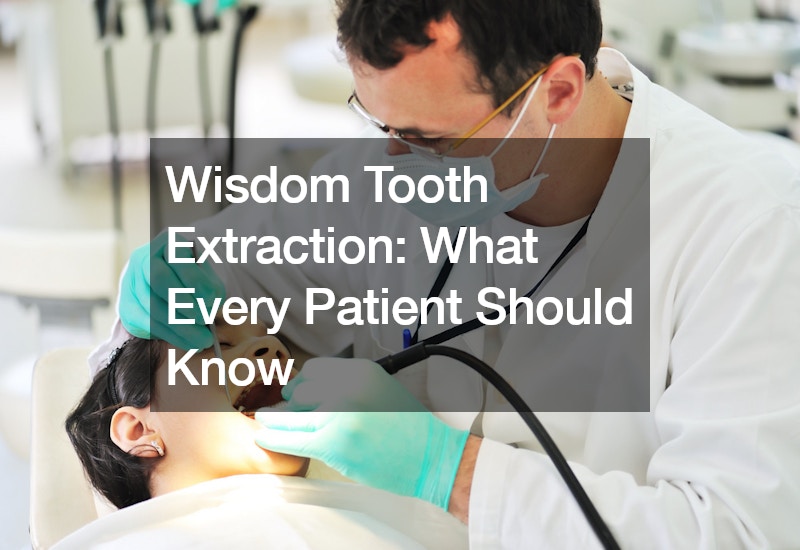
Wisdom tooth extraction is a common dental procedure aimed at removing one or more wisdom teeth located at the back corners of the mouth. These teeth, also known as third molars, typically emerge between the ages of 17 and 25. While not all wisdom teeth cause problems, some individuals may experience issues due to lack of space for their proper growth.
Understanding Wisdom Teeth:
Wisdom teeth are the last set of molars to develop in humans, typically appearing between the ages of 17 and 25. However, they may not always emerge correctly, leading to various complications. These include pain, swelling, bleeding, bad breath, and even teeth crowding. In severe cases, wisdom teeth may cause deformation, cavities, cysts, infections, or the loss of adjacent teeth.
The Dental Examination Process:
If a patient experiences problems with their wisdom teeth, the dentist will conduct a thorough examination. This often involves taking a panoramic X-ray or tomography to assess the position, size, and arrangement of the wisdom teeth roots in relation to nearby nerves.
Anesthesia Options:
Prior to the tooth extraction procedure, the dentist will administer anesthesia to ensure the patient’s comfort. Local anesthesia involves numbing the gums with an injection near the extraction site. Alternatively, sedation anesthesia can be administered intravenously to induce a state of reduced consciousness. In some cases, general anesthesia may be used, rendering the patient unconscious throughout the procedure.
The Tooth Extraction Process:
During the extraction, the dentist will make an incision in the gum tissue to expose the tooth and may use piezoelectric devices to divide it into sections for easier removal. An elevator tool is then used to push the tooth out, followed by tweezers to extract it completely. Once the tooth is removed, any remaining debris is cleared, and the area is cleaned.
Post-Extraction Care:
After the extraction, the patient is advised to follow the dentist’s instructions diligently. This may include taking prescribed medications, avoiding physical exertion, consuming soft foods, refraining from smoking or drinking alcohol, and maintaining good oral hygiene. Swelling can be managed with ice packs, and any persistent discomfort should be reported to the dentist.
Recovery Period:
After undergoing a wisdom tooth extraction, patients enter a crucial recovery period. While the procedure itself is often completed as an outpatient visit, the journey to complete healing may extend over several months. To facilitate the healing process, the dentist may opt to stitch the wound. These stitches typically remain in place for about a week before they are removed during a follow-up appointment.
Throughout the recovery period, it is imperative for patients to adhere diligently to any post-operative instructions provided by their dentist. This may include taking prescribed medications to manage pain and prevent infection, avoiding strenuous physical activities that could disrupt the healing process, and adopting a soft diet to minimize discomfort and protect the surgical site.
Regular attendance of scheduled follow-up appointments is essential during the recovery phase. These appointments allow the dentist to monitor the progress of healing, assess any potential complications, and provide additional guidance or interventions as needed. By following these recommendations and maintaining open communication with their dental care team, patients can optimize their recovery experience and achieve the best possible outcomes.
Conclusion:
Wisdom tooth extraction is a routine dental procedure aimed at resolving issues associated with problematic wisdom teeth. By understanding the process and following post-operative care instructions, patients can ensure a smoother recovery and maintain optimal oral health.
In summary, wisdom tooth extraction is a common dental procedure used to address issues associated with problematic wisdom teeth. By understanding the process and following post-operative care instructions, patients can ensure a smoother recovery and maintain optimal oral health.
.




